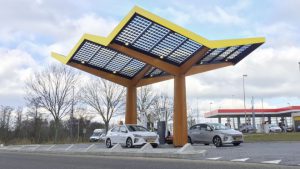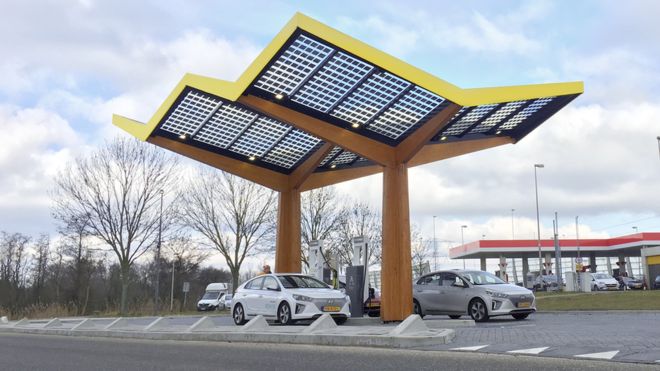Apart from driving a clean transportation revolution over the next three decades, electric vehicles (EVs) could help the power grid’s storage needs as growing shares of renewable energy sources—predominantly solar and wind—are being incorporated into electricity grids.
Batteries from EVs could have so much more potential energy storage by 2050 that electric cars could be the ones to boost the energy storage of the power grid to accommodate rising solar and wind capacity, the International Renewable Energy Agency (IRENA) says.

While electric vehicles and renewables may now look as two totally separate clean-energy technologies, and EVs are a strain on power grids when charging at peak electricity demand, there are potentially huge benefits to the power grid if EVs are plugged in to smart grids, IRENA experts say.
The EV fleet of the future could create vast electricity storage capacity, the agency says.
Future EV battery capacity may dwarf stationary battery capacity by 2050, experts at IRENA said in an analysis from last year. In 2050, around 14 terawatt-hours (TWh) of EV batteries would be available to provide grid services, compared to 9 TWh of stationary batteries, according to the agency.
“Smart charging for electric vehicles (EVs) holds the key to unleash synergies between clean transport sector and low-carbon electricity. It minimises the load impact from EVs and unlocks the flexibility to use more solar and wind power,” IRENA said.
Read more: Oil Price




